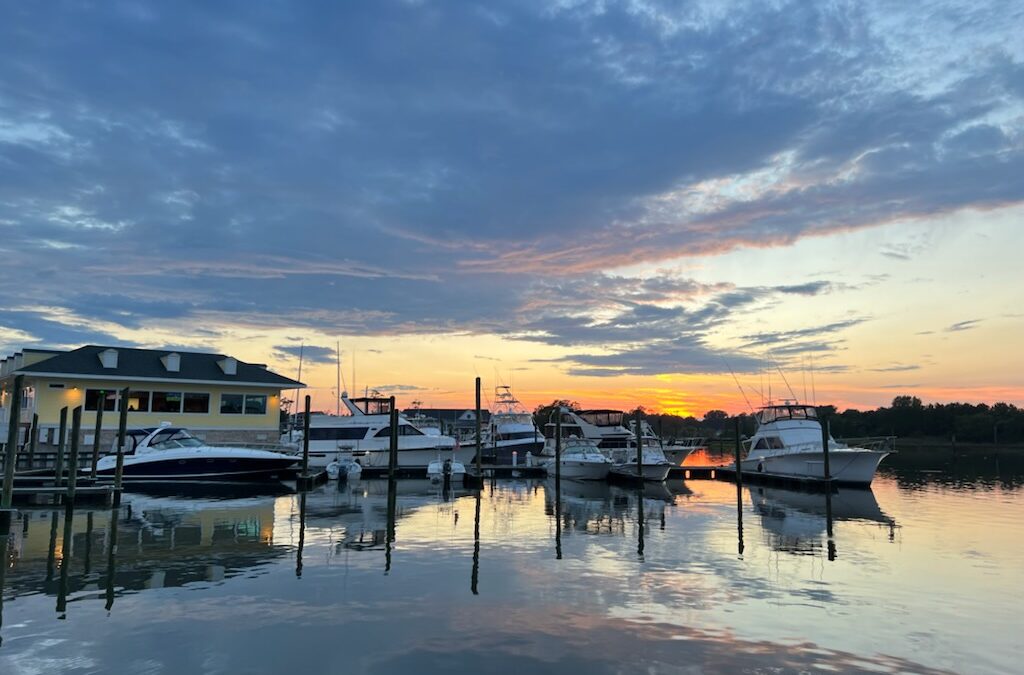Believe it or not, the last few weeks of warm weather are upon us. As colder days quickly approach, it’s time to start winterizing your boat. Whether your engine is outboard, gas inboard, or stern drive engine, the following tips will help assure a quick start when warmer weather returns.
Replace the Engine Oil and Protect Internal Components
Leaving old engine oil in your boat allows moisture and acids to build up in your bearings and other engine parts. After draining the old oil, putting in a new high-quality oil filter helps to assure a quick start up in the spring. For 4-stroke outboards, change the oil and filter before putting it away for the winter.
While in storage, engine oil tends to drain away. This exposes your internal engine components to harsh winter elements and leads to corrosion and cylinder scuffing. Prevent these issues by using a fogging oil spray. This formula penetrates deep into the engine and coats the internal parts with a protective layer.
Flush and Drain Cooling Water
Water doesn’t just freeze in cold weather; it also expands. This can cause damage to your boat engine. Draining the water from your engine is the best way to protect it. For outboard and sterndrive engines, flush the engine using clean water by connecting it to your garden hose and make sure to use water muffs or a similar device.
Next, remove the drain plugs, located near the back of your engine block and manifold. You will also want to remove the water pump hose to drain the remaining water. Having your boat in on either an annual boat slip or a seasonal boat slip can help you in the process.
Stabilize Fuel
Fuel in your boat’s engine can deteriorate in as quickly as 60 days, causing gum and varnish to build up. This can result in poor performance and reduced engine life, if left unattended. The best way to be preventative is adding a high-quality marine fuel stabilizer. Adding the stabilizer and fresh fuel and running the engine for a few minutes will prevent corrosion-causing water damage.
Grease, Lubricate and Replace Gear Oil
Before stowing your boat for the winter, you need to rid your boat of the old gear oil and replace it with a fresh supply. Make sure to check for moisture, as it can cause contamination. Moisture contamination can lead to needing new seals before next season.
Make sure to also grease all of your engine’s fittings, using a quality marine lubricant to protect against corrosion, rust and oxidation.
Clean, Wax and Cover
After removing valuable items you may have onboard, clean and wax your boat before covering for the offseason. At minimum, you will need to cover your boat with a durable cover on an annual boat slip or seasonal boat slip.
Chesapeake Bay marina boat slips are available and many offer transient dockage, making the process of winterizing easier.
Finding the right Chesapeake Marina, transient dockage, or even a Chesapeake Bay Marina boat slip ahead of time can make your winterization process simple and easy.
Looking for a Chesapeake Bay Boat Slip?
If you’re looking for a Chesapeake Bay boat slip, look no further! Contact the marina team at Whitehouse Cove Marina today to reserve your boat slip. Call 757-231-1006 or request a reservation online here.

